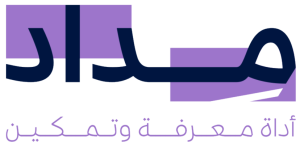Academic Integrity Policy and Protocol
Academic Integrity Principles
King Khalid Foundation emphasizes integrity in the e-learning environment, focusing on honesty, values, and respect for intellectual efforts by both trainees and members. This policy requires both trainees and instructors to uphold these responsibilities and values, adhering to the code of conduct governing behavior in remote training.
The foundation expects high standards of integrity from trainees during assessments (discussions, assignments, and tests). Submissions for evaluations should be independent and self-developed work aimed at demonstrating the skills acquired and achieving educational goals.
The foundation provides ongoing technical guidance and support to ensure trainees understand the importance of maintaining integrity. Clear strategies are in place to ensure proper training and meet the foundation’s expectations for integrity.
Violations and Consequences
King Khalid Foundation has strict policies regarding academic violations, such as identity fraud and any breach of academic integrity. Violations include, but are not limited to:
- Cheating: Using unauthorized assistance during evaluations.
- Impersonation: Pretending to be another individual during an evaluation or assessment.
- Plagiarism: Presenting another's work as one’s own without proper citation.
- Collusion: Working with others dishonestly in completing assessments.
Consequences for violations may include exclusion from the course, cancellation of results, or permanent suspension from the platform.
Support for Academic Integrity
The foundation provides continuous support and guidance to help trainees understand and maintain academic integrity throughout their training.
